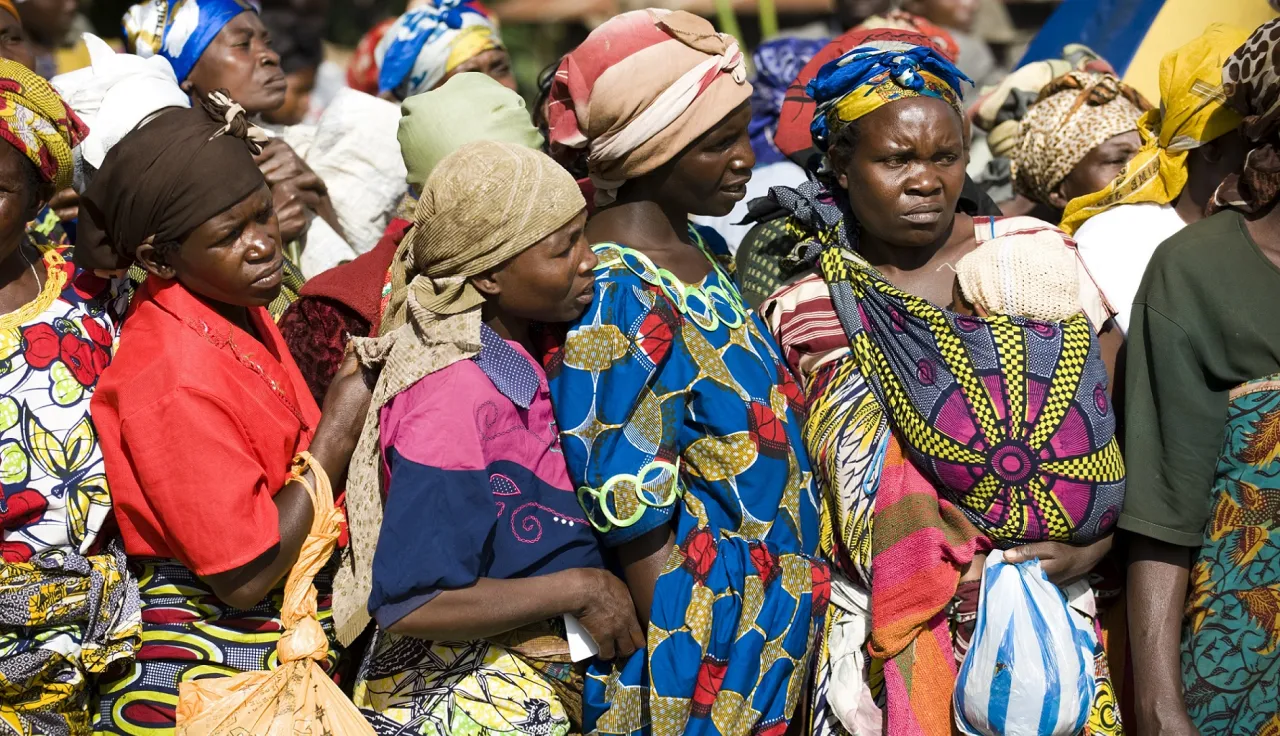How to manage health emergencies in large populations? Apply for the H.E.L.P. course and learn from ICRC

H.E.L.P. Course calendar for 2022 published
The International Committee of the Red Cross had published the calendar of the Health Emergencies in Large Populations (H.E.L.P.) course for 2022. In total, nine courses are planned in different locations worldwide during the year, virtual or residential, in English, French and Spanish.
H.E.L.P. is a well-known ICRC two-week multidisciplinary training course for managing humanitarian operations in disasters, conflicts and other crises. It has been held since 1989, in partnership with WHO, and several partnering universities, research institutions, National Red Cross and Red Crescent Societies and other public health institutions.
Interested humanitarian professionals, as well as ICRC staff, are invited to consult the calendar and see available dates and locations, in order to plan their application, reach out to relevant course coordinators for additional details, or to express interest.
This course is relevant to a broad range of humanitarian professionals, including medical personnel, operational managers, technicians, logisticians, lawyers, policymakers and leaders of humanitarian organizations. So far, more than 5,000 professionals have attended the H.E.L.P. course, thus constituting an important alumni of humanitarian workers who share experiences, knowledge and job opportunities long after they complete the course.
Eligible candidates are humanitarian professionals with relevant field experience (within or outside the ICRC) who have or are on their way to bear operational or technical responsibilities in response to humanitarian crisis.
Listen to Valérie Belchior-Bellino, ICRC H.E.L.P. Course Coordinator, inviting candidates to apply for the Geneva course. Please note that the application deadline for the Geneva course is March 31st.
The course seeks to develop the knowledge, skills and approach – based on scientific evidence and best practice – that humanitarian workers need to have to be able to make effective decisions, ensure that their conduct is never less than humane and adapt their activities as needed. It contributes to raising technical and ethical standards for humanitarian work, and to fostering collaboration between the academic and humanitarian spheres.
During the two weeks, a group of different facilitators from the ICRC and partnering institutions cover the most important humanitarian topics, focusing on the public health approach. From Setting the scene, different other sessions are planned: Program Management and Data Analysis, Humanitarian Ethics, Public Health Engineering, Nutrition and Livelihood Support, Health Care Services, Violence Against Health Care, Communication with Media, Humanitarian Actors, Epidemiology, Communicable and Non-communicable Diseases, Sexual and Reproductive Health, Mass Casualty Management, Mental Health and Psychosocial Support, Legal Framework, Humanitarian Protection, and Staff Security.
Teaching methods include lectures by experts, class discussions, selected readings, group work and simulations. The average number of participants per course is 25 to 30. A certificate of attendance is issued to every participant at the end of the course. Additional information about the registration fees, contacts and weblinks for every location, is available in the calendar.
The majority of courses are planned to be delivered in a residential mode, but the format may change, due to the ongoing changing environment caused by the global pandemic. The Geneva H.E.L.P. course will be held from 20th of June to 1st of July 2022, in English. French version of the course will be delivered in Benin in May, and the Spanish one in July in Cuba. Our recommendation is to apply for the course in the closest geographical area and time zone, and in desired language. The Hawaii course, in November, particularly stresses the civil-military cooperation in times of disaster.
APPLY for the Geneva course – Registration form
Last year, some courses were delivered in a virtual format, with compulsory distance learning prior to the two weeks virtual classroom. The experience has shown the quality is upheld compared to a face to face format.
Lately, the ICRC is undertaking ongoing activities to ensure the quality assurance of the H.E.L.P. course, regardless of the location where it is held or its format or language. The aim is to harmonize the learning standards of the H.E.L.P. course and empower its coordinators worldwide to deliver the same quality and the same course content everywhere.
Testimonials
We also invite you to read testimonials of some of the H.E.L.P. alumni hereafter, or watch the video about the course held in India in 2020.
Contact
For additional information, please contact Valérie Belchior-Bellino, ICRC H.E.L.P. Course Coordinator, at vbellino@icrc.org or help@icrc.org, or you may also reach out to the coordinator of the selected course, depending of the location (see the Calendar).
H.E.L.P. course website
Additional information and all useful documents about the course can be found on the H.E.L.P. course website page.



